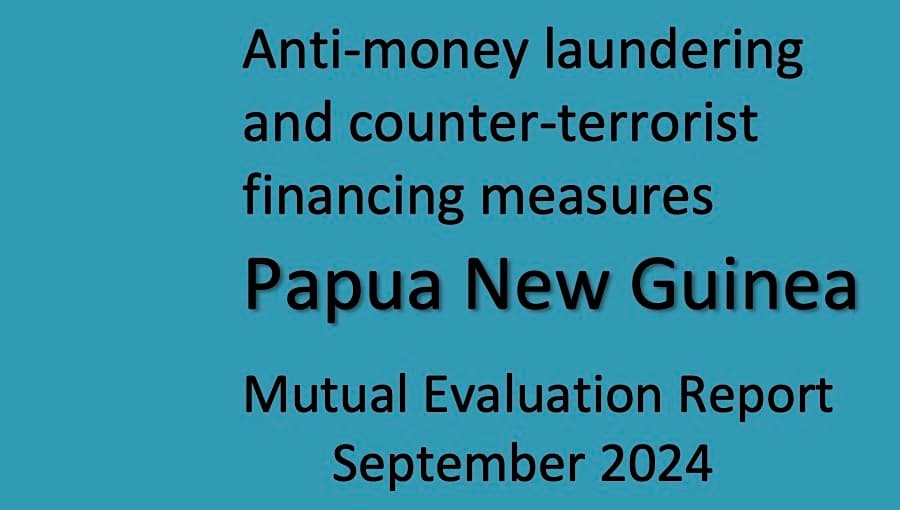Illegal logging a major threat to PNG economy

Papua New Guinea is at risk of international sanction for its failure to control money laundering risks with major negative impacts on business and the economy.
According to the Bank of Papua New Guinea, the country could be grey-listed if it fails to meet the recommendations in an assessment report from the Asia Pacific Group on Money Laundering.
The report, which can be downloaded below, highlights illegal logging as a key threat and significant money laundering risk that is not been adequately addressed by government agencies and the private sector.
Other key money laundering threats in PNG are corruption and bribery, fraud related to government programs and tax offences, all of which can also be related to the forest industry. Other forest crimes highlighted include smuggling and human trafficking through private logging ports and links to organised criminal gangs.
The reports states that illegal logging generates significant financial flows and the value could be as high 70-90% of total forest exports.
While the Financial Analysis Unit at the Bank of PNG is praised as the one government agency that is taking money laundering threats seriously, the report criticises the minimal inter-agency cooperation or coordination and little understanding of money laundering risks in other key agencies.
In particular, says the report, authorities in PNG ‘lack the resources to effectively monitor and enforce logging sector regulation’.
Although commercial banks in PNG have identified illegal logging along with corruption and tax fraud as some of the highest generating offences in PNG, the report reveals a lack of screening by non-bank financial institutions and designated non financial businesses and professions, including motor traders, real estate companies and legal firms.
This means these institutions are failing in their obligations to report suspicious transactions relating to the logging industry and other risk sectors.
The very limited supervision of lawyers, which are rated as highly vulnerable to money laundering risks, is cited as another critical failure. Despite their vulnerability, local law and accounting firms to not conduct money laundering risk assessments of their customers.
PNG is also yet to publish its forestry sector specific money laundering risk assessment despite its development in draft form over several years. There is currently no timeline for its completion but the report recommends immediate publication.
In the meantime, the report reveals action by FASU has led one commercial bank to close all but two logging company accounts while PNGs largest commercial bank was forced to replace its CEO and other senior staff over failings in its AML program including assessment of the risks relating to logging company clients. PNG’s second domestic commercial bank has also been targeted by FASU over logging company links but continues to offer banking services to the sector.
